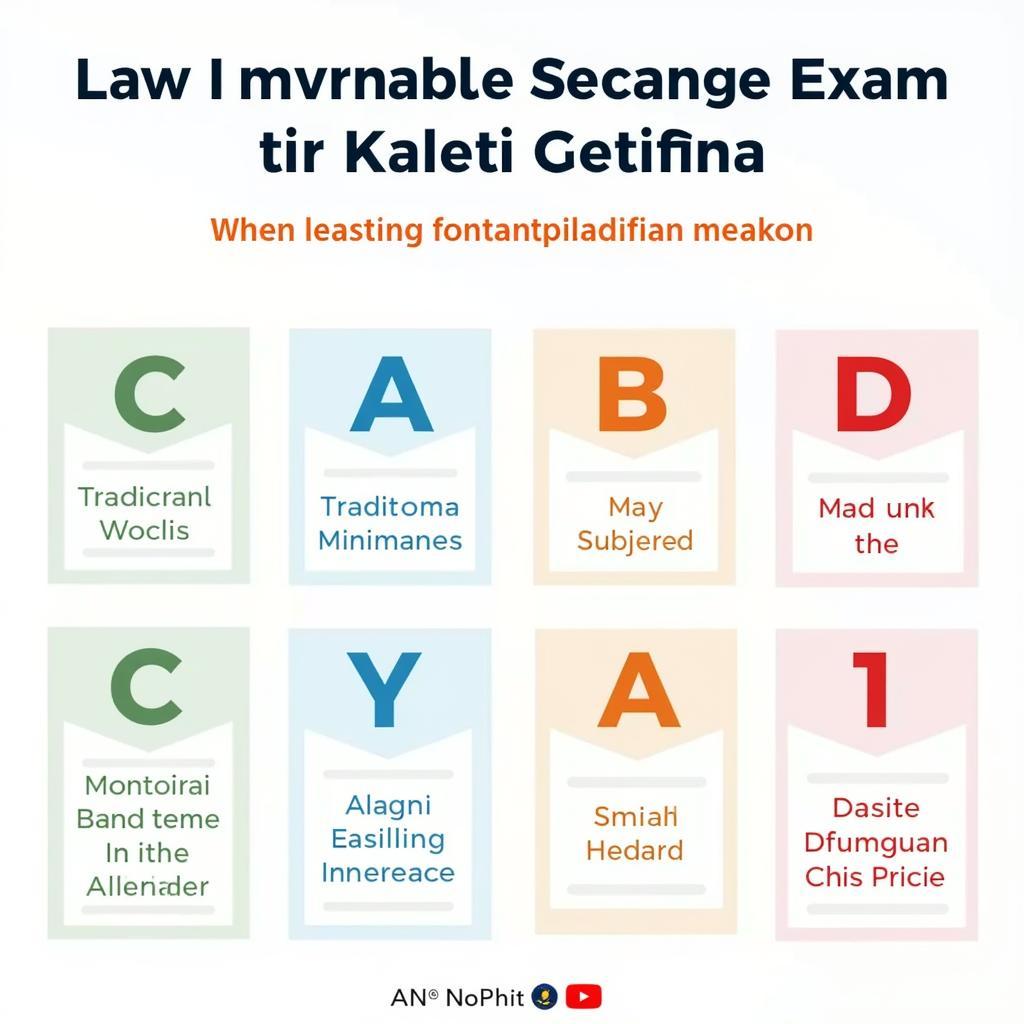Vietnam Criminal Code: Your Guide in English
Navigating the legal landscape of a foreign country can be daunting, especially when it comes to something as critical as the Criminal Code. Whether you’re a resident, a visitor, or involved in business dealings in Vietnam, understanding the basics of the Vietnamese Criminal Code, even in English, is crucial. This guide provides an overview of this important legal document, highlighting key aspects relevant to individuals and businesses.
What is the Vietnamese Criminal Code?
The Vietnamese Criminal Code, officially known as the “Criminal Code of the Socialist Republic of Vietnam,” is a comprehensive legal document that defines criminal offenses and their corresponding penalties within the country. It reflects the social, political, and economic values of Vietnam and serves as the foundation for criminal justice in the nation.
Why is the Vietnamese Criminal Code Relevant to You?
Even if you are unfamiliar with the specifics of Vietnamese law, the Criminal Code holds relevance for anyone within the country’s borders. Ignorance of the law is not a valid defense in any legal system, including Vietnam’s.
Understanding what constitutes a crime in Vietnam can help you avoid unintentional legal violations. For businesses operating in Vietnam, a grasp of the Criminal Code provisions related to economic crimes, corruption, and intellectual property is essential for ethical and legal business conduct.
Key Features of the Vietnamese Criminal Code
The Vietnamese Criminal Code is structured around several key principles:
- Legality: Only actions specifically defined as crimes by the law can be punished.
- Fault: Criminal liability is generally based on intent (dolus) or negligence (culpa).
- Proportionality: Penalties must be proportionate to the severity of the crime committed.
- Humanity: The Code emphasizes the principles of rehabilitation and reintegration into society for offenders.
Where to Find the Vietnamese Criminal Code in English
While the official version of the Vietnamese Criminal Code is in Vietnamese, translated versions in English are available from various sources. Reputable legal databases, government websites, and international organizations often provide access to English translations.
Caution: It’s crucial to use translations from reliable sources to ensure accuracy and avoid misinterpretations. When dealing with specific legal matters, consulting with a qualified legal professional experienced in Vietnamese law is strongly recommended.
Common Offenses and Penalties
The Vietnamese Criminal Code covers a wide range of offenses, categorized into different chapters based on the nature of the crime. Some commonly encountered offenses include:
- Offenses Against the Person: Murder, assault, bodily harm, illegal detention.
- Property Offenses: Theft, robbery, fraud, embezzlement, property damage.
- Economic Offenses: Tax evasion, smuggling, money laundering, counterfeiting.
- Drug Offenses: Possession, use, trafficking of illegal drugs.
- Cybercrime: Hacking, online fraud, distribution of illegal content.
Penalties for these offenses vary greatly depending on factors like the severity of the crime, intent, the offender’s criminal history, and mitigating circumstances. They can range from fines to imprisonment, and in some cases, even the death penalty.
Importance of Legal Counsel
Navigating the complexities of the Vietnamese Criminal Code, even in its translated form, requires legal expertise. If you are facing criminal charges or have legal questions related to the Criminal Code in Vietnam, it is essential to seek immediate legal counsel. A lawyer specializing in Vietnamese criminal law can:
- Provide accurate and up-to-date information on the relevant laws.
- Explain your rights and legal options.
- Build a strong defense strategy on your behalf.
- Represent you in court proceedings.
Remember, early intervention and professional legal advice can significantly impact the outcome of a criminal case.
Need More Information?
This guide provides a basic understanding of the Vietnamese Criminal Code in English. For more specific information or legal advice, consider exploring these resources:
Understanding the law is essential for everyone, particularly when navigating a different legal system. We hope this guide has been helpful in shedding light on the Vietnamese Criminal Code.
FAQs About the Vietnamese Criminal Code
1. What is the age of criminal responsibility in Vietnam?
In Vietnam, the age of criminal responsibility varies depending on the severity of the crime. Generally, individuals aged 16 and above can be held criminally liable. However, individuals aged 14 to under 16 can be held responsible for particularly serious crimes like murder, robbery, or drug trafficking.
2. Can foreigners be prosecuted under the Vietnamese Criminal Code?
Yes, foreigners are subject to Vietnamese law, including the Criminal Code, while within the country’s borders. Diplomatic immunity may apply in certain cases involving diplomats and representatives of foreign governments.
3. What are the rights of a person accused of a crime in Vietnam?
The Vietnamese Criminal Procedure Code outlines the rights of accused persons, including the right to remain silent, the right to legal representation, the right to a fair trial, and the right to appeal.
4. What types of punishments are stipulated in the Vietnamese Criminal Code?
The Vietnamese Criminal Code includes a range of punishments, including fines, imprisonment, life imprisonment, and in certain cases, the death penalty.
5. What is the role of the victim in a criminal case in Vietnam?
Victims of crime in Vietnam have the right to file complaints, participate in legal proceedings, seek compensation for damages, and be protected from intimidation or threats.
6. Are there alternative dispute resolution mechanisms for criminal cases in Vietnam?
While the Vietnamese legal system emphasizes formal court proceedings, alternative dispute resolution mechanisms like mediation are sometimes used, particularly for less serious offenses.
7. How can I find legal representation if I’m facing criminal charges in Vietnam?
Several options exist for finding legal representation, including contacting the Vietnamese Bar Association, seeking recommendations from embassies or consulates, or consulting with international legal directories.
Explore More Legal Insights
This FAQ section aims to address common queries about the Vietnamese Criminal Code. However, remember that legal situations are nuanced, and seeking professional advice is always recommended.
Need Legal Help? Contact Us!
Understanding the intricacies of the Vietnamese Criminal Code can be challenging. If you require legal assistance or have questions about your rights, don’t hesitate to reach out.
Contact us:
Số Điện Thoại: 0903883922
Email: [email protected]
Địa chỉ: Đoàn Thị Điểm, An Lộc, Bình Long, Bình Phước, Việt Nam.
Our team is available 24/7 to provide support and guidance.


